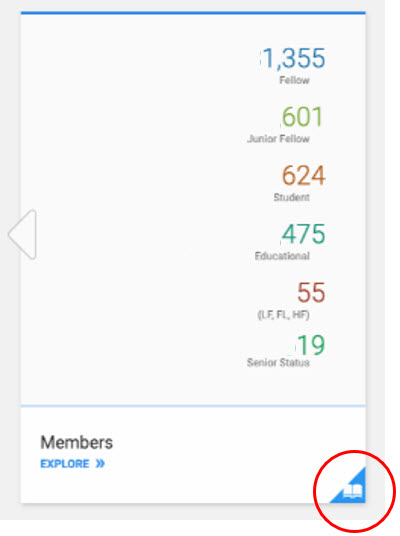As data continues to grow at a phenomenal rate, data governance is becoming an ever-more important organizational activity for associations and for more reasons than ever should probably be an ongoing initiative at yours. Data Governance has been defined as “a collection of practices and processes which help to ensure the formal management of data assets within an organization. Data governance often includes data stewardship, data quality, and others to help an enterprise gain better control over its data assets, including methods, technologies, and behaviors around the proper management of data.”
One vital outcome of a data governance initiative is agreeing on key terms and definitions for the organization. At many associations, questions as seemingly foundational as “What is a member?” might not be answered in a consistent fashion throughout the organization.
One definition might be anyone who has:
- member type of “regular”
- status of “active”
- paid the membership fee OR
- has not paid the membership fee but is within the grace period
Without agreement and commitment at your organization to the definition and the rules associated with the definition, you will not be able to confidently report on your members and compare growth to prior years.
We believe that a well-executed data governance phase should include a data glossary, which is a comprehensive collection of all your agreed-upon organizational terms. Some of the most common definitions that you will need to wrestle with will be:
- what defines a member
- what defines a registrant
- what defines a participant
- definition of priority points
- definition of engagement points
It may be surprisingly difficult to get your key stakeholders to agree on these definitions, and sometimes it requires board support and/or bylaw updates if you are trying to change something fundamental such as the definition of membership.
As you collect, manage, debate, and finalize these operational terms, what do you use to build the data glossary and make it available to staff when they need it? Most commonly, associations use Word or Excel to capture this information and store it on the network. In theory, this information is available to staff, but over time they forget, and you forget, and the document quickly becomes out of date as your association changes and thrives. 
There is a better way! You can now store it online, make it searchable, and make it smart.
We recently added a Data Glossary to Nucleus that will enable you to manage all your industry terms and definitions on-line. The Nucleus data glossary includes a search tool and allows you to categorize and relate one term to another, to help your users find what they need.
What makes the Nucleus data glossary special and state-of-the-art is that it is “context aware”. When a visualization or filter is accessed in Nucleus, if an element in the chart matches a definition in the glossary, the user will be visually notified so they can review the terms and their associated descriptions. In the visualization included in this blog, you will notice that an image of an open book (highlighted with a red circle) has appeared because the term “members” and the corresponding “member types” match terms in the data glossary. By clicking on the open book icon, the user can easily access the glossary for these definitions.
With an on-line data glossary like the one available in Nucleus, your users will have a clearer understanding of the data and visualizations, which will help drive coordinated and consistent operation across your association. By being online and immediately accessible to all, the data dictionary will finally stay up-to-date and remain valuable to the organization.



